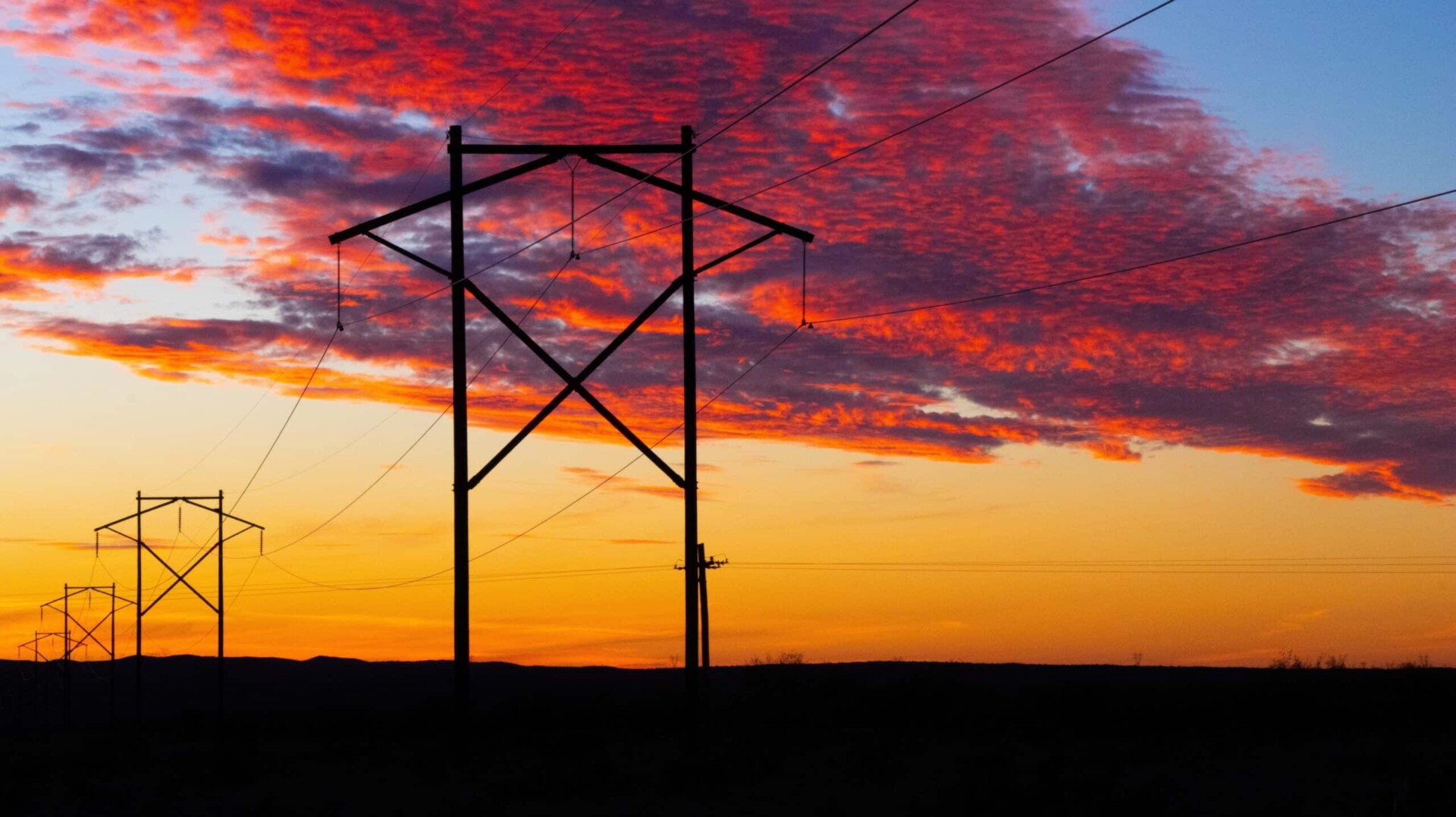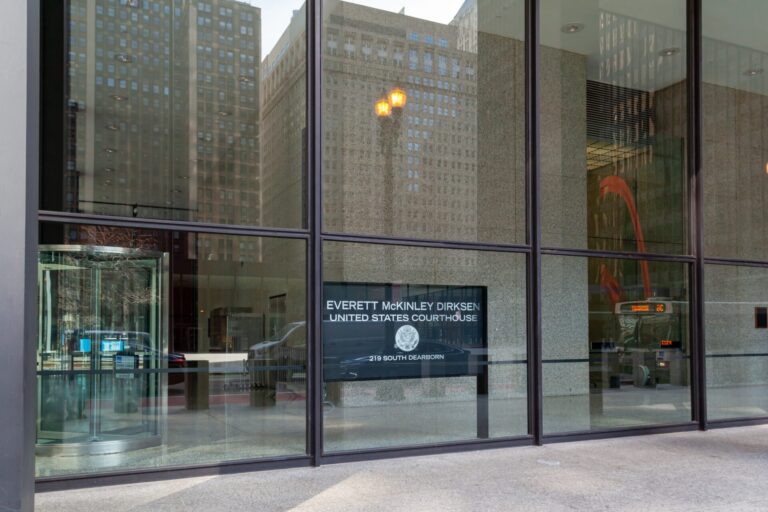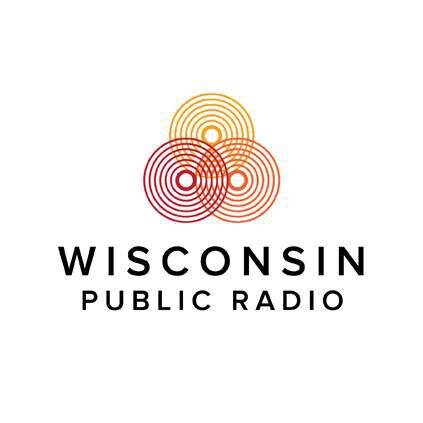Tucson Electric Power filings show millions of dollars to trade and chamber groups possibly borne by customers

Tucson Electric Power (TEP) spent $2.1 million, which it intends to collect from customers, on memberships in political trade associations, chambers of commerce, economic development organizations, and other groups during 20 months between 2023 and 2024. TEP reported their contributions for that period to the Arizona Corporation Commission (ACC) in response to a series of questions from then-Commissioner Anna Tovar. The company, which serves 451,000 customers in the Tucson metropolitan area, stated that their total contributions to nonprofit organizations from January 2023 through August 2024 were $5.1 million but identified certain contributions to be paid by ratepayers, totaling over $2.1 million.
TEP’s last rate increase went into effect in September 2023. The expenses that the company reported in the ACC filing are not yet in customer rates, but Attachment A of its response to Commissioner Tovar makes clear that the utility will seek recovery of these costs from customers. Though trade association dues were not addressed in its most recent rate case, the ACC previously reduced the amount of these types of dues paid for by customers by over $500,000 in an earlier TEP case.
Trade Associations
Some of the largest amounts paid by TEP that they will seek to recover from customers are their membership dues for the Edison Electric Institute (EEI) and the American Gas Association (AGA) at approximately $1.3 million and $191,000, respectively. It is unclear as to why TEP is paying AGA membership dues since it is an electricity provider and not a local distribution gas company. As EPI has previously reported, EEI and AGA have spent these dues on efforts to wage an aggressive campaign against net energy metering and fight electrification efforts in Arizona.
The ACC disallowed recovery of the $1.1 million in EEI dues for Arizona Public Service (APS) in the 2022 rate case. ACC Chairman O’Connor’s amendment to the order stated, “The Commission does not support paying for APS’s membership in advocacy organizations such as EEI with ratepayer-derived funds, and thus is not including APS’s operating expenses in TY dues paid for APS’s EEI membership.”
O’Connor’s position, which was adopted by the rest of the Commission, is similar to public remarks from FERC Commissioner Mark Christie in 2021: “Nothing keeps the monopoly from spending money on First Amendment protected speech, including lobbying legislators and related public-relations activities, but its investors should pay those costs, not captive customers.”
Chambers of Commerce and Economic Development Groups
TEP states that it will seek recovery of tens of thousands of dollars in membership dues to statewide and local chambers of commerce, including $27,000 to the Arizona Chamber of Commerce and Industry.
The Arizona Chamber of Commerce and Industry recently advocated in support of the utility industry’s push for the ACC to begin accepting formula rates as part of the ratemaking process, which will enable utilities like TEP to receive annual rate increases with less scrutiny. Consumer advocates and experts criticize formula rates as not benefiting ratepayers and causing marked increases in customer bills. The Chamber also said in its 2024 Business Agenda that it will “[o]ppose efforts that disincentivize, eliminate or limit access to natural gas.” Arizona Public Service and Southwest Gas are members of the Arizona Chamber of Commerce and Industry but do not recover the membership cost from their ratepayers, according to the utilities’ filings with the ACC.
TEP also wants ratepayers to pay for its membership in economic development groups, including its $200,000 fee to Sun Corridor, Inc., and its $15,000 fees to the Arizona-Mexico Commission and Canada-Arizona Business Council. Other Arizona utilities, such as Southwest Gas, have memberships in these or similar groups, but are not paying for membership with ratepayer funds according to their filings.
Intervenors in rate case dockets have argued that utilities should not use customer money to fund chambers of commerce and economic development groups since these entities don’t benefit customers and may advocate for interests that could raise bills. Ratepayer funding for chambers of commerce membership dues have been excluded from rates in many statesbecause of “their inherently political, social, and image building nature.”
Nationwide Problem
EPI has highlighted how utilities are using the money that they collect from customers’ monthly bills to fund political machines that push legislation, curry favor with regulators, and alter the outcomes of elections, along with other inappropriate and unnecessary expenses.
SoCalGas booked to ratepayer accounts at least $36 million of political activities to undermine pro-electrification policies in California since 2019, according to reporting from the Sacramento Bee. The California Public Utility Commission’s Public Advocate Office called that sum “the tip of the iceberg.”
Southwest Gas sought to charge Nevada customers for the costs of weekly and biweekly massages from the European Massage Therapy School, per its 2018 rate case.
DTE Energy’s bid to charge customers for nearly a quarter-million dollars in private jet expenses in a gas rate case drew a sharp response from Michigan officials and DTE customers.
EPI’s 2024 report, Power Trip, closely examines how utilities across the nation pass on the costs of their political influence machines, including lobbying and advertising, to ratepayers. It also finds that utilities frequently seek to charge ratepayers for luxury lifestyle expenses for utility executives, board members, and employees.
EPI’s 2023 report, Getting Politics Out of Utility Bills, focuses on how utilities use customer money to fund political activities, influence regulators, and affect election outcomes (sometimes illegally), and EPI’s 2017 report, Paying for Utility Politics, documents how utilities force customers to fund political organizations like utility trade groups.
Photo source: Shutterstock, “An Arizona sunset near the desert towns of Oracle, Tucson, and Oro Valley, in Pinal and Pima Counties, with red clouds and yellow sky behind the electrical poles, in winter of 2023.” Photo by Zane Lewis.



